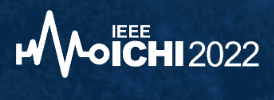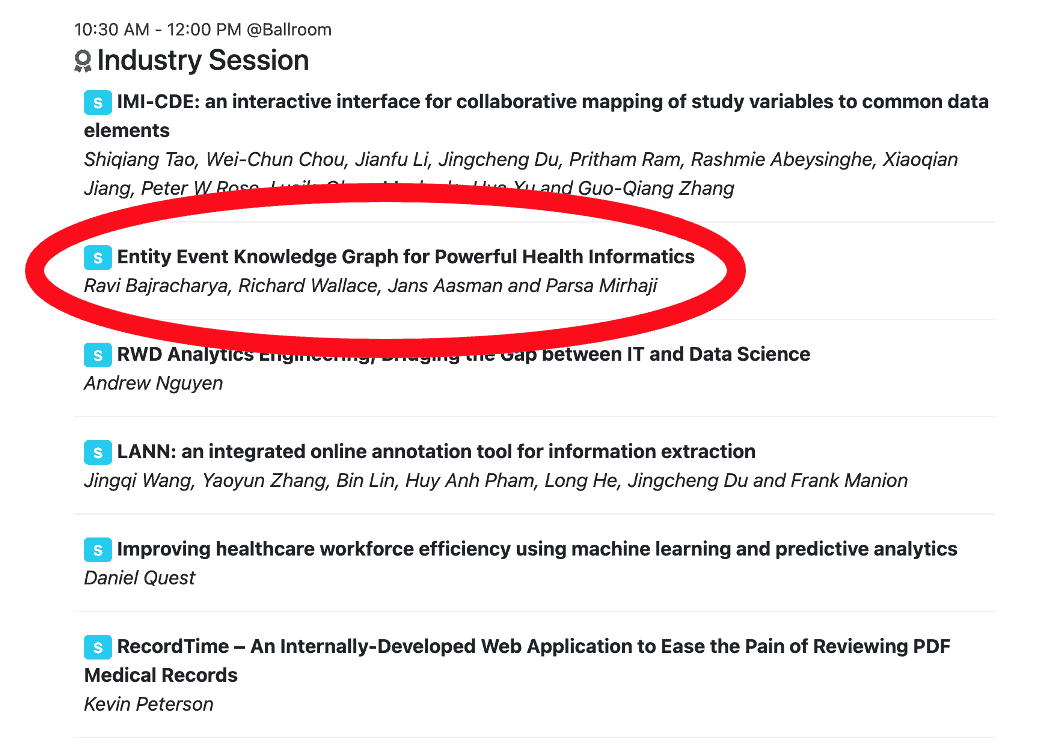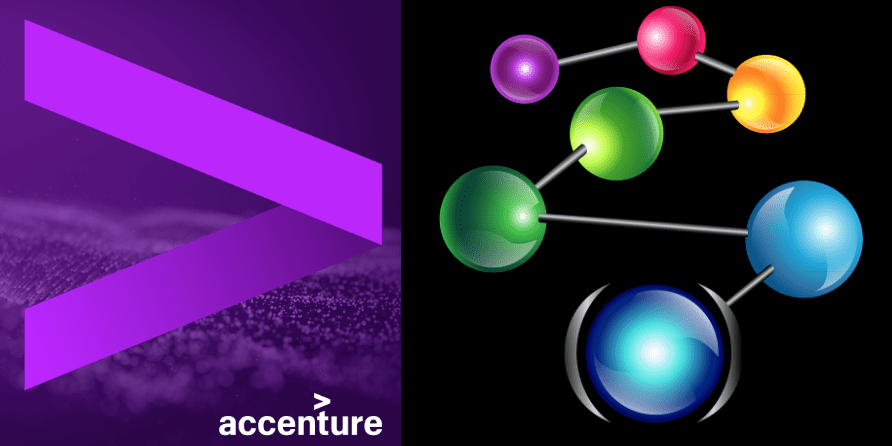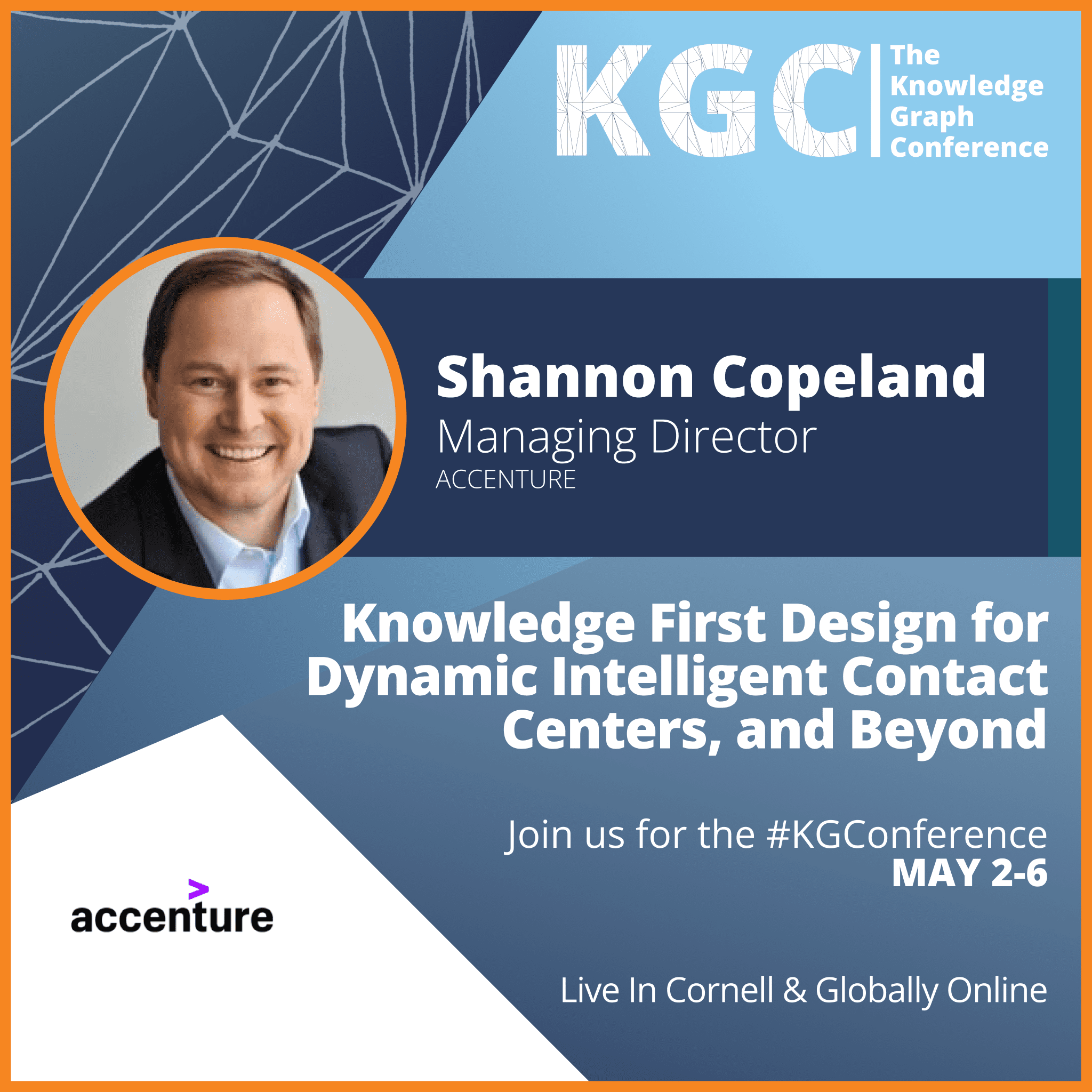At KMWorld Connect 202, three knowledge management industry leaders shared their views of the future of knowledge management and the technologies and trends that will create high-value for organizations. Hariprasad Reddy, vice president and chief quality officer, Wipro, Jans Aasman, CEO, Franz Inc., and John Chmaj, senior director, product strategy, knowledge management, Verint, each reflected on how knowledge management requirements are changing and the technologies and services that are addressing those needs best.
First, Reddy looked at various technologies and how they streamline the knowledge flow across knowledge islands by predicting the knowledge needs of individuals, including how AR/VR technologies help an individual to learn the knowledge of working in the real scenarios which strengthens flawless execution. Wipro’s vision is to harmonize and evangelize a nimble-footed knowledge ecosystem to enhance customer trust and business value powered through innovation, collaboration, deep industry insights, and digital transformation. Reddy noted there has been a paradigm shift from document repository to a focus on digital intelligence for business excellence through knowledge flow and collaboration, bringing knowledge to knowledge seekers who may be customers or employees.
In his fast-paced talk, Reddy touched on the role of cognitive search, knowledge push through prediction, AR/VR kits for developing the right software, expert connect, self-healing of service management incidents through AI- based KEDB (known error database), knowledge genies, and gamified knowledge-capturing mechanisms.
The benefits delivered for high adoption of digital intelligence at the account level include higher customer satisfaction level, and that accounts having high digital intelligence index have proven higher productivity. As an example of the positive outcomes achieved through greater digital experience, Reddy said the influence of digital intelligence on ticket resolution is
- 31% reduction in average ticket resolution time
- 16% increase in number of tickets handled
- 420 basis points improvement in FCR (first contact resolution)
- 12% reduction in AHT (average handle time)
- And 100% mandatory training compliance
Aasman added to the discussion by explaining what data fabrics are, how they relate to semantics and knowledge graphs, how data fabrics offer a cohesive means of integrating and sharing data regardless of differences in format, technology, or location. According Aasman, they are considered the most mature means of data integration because they organize the exchange of semi-structured, unstructured, and structured data—while offering a single access point to all data.
Data fabrics are an evolution of data lakes, said Aasman, noting that data lakes have not reached the level of success that was promised because there was no systemic metadata around the data, no data cataloging, provenance, or quality control. Aasman said the top answer on Google now for the difference between a data lake and data fabric is that “data fabrics essentially add a semantic layer to data lakes to smooth the process of modeling data infrastructure, reliability and governance. Data lakes serve as a central repository for storing copies of raw data sourced from several and often thousands of operational systems.”
Knowledge graphs are essential for governing content in terms of access management, data provenance, and data quality while unifying the terminology used to describe these assets across business lines within an organization. Data fabrics and knowledge graphs have a unique, symbiotic relationship because they substantially streamline the processes to extract data from the myriad sources that populate these platforms.
Knowledge graphs are key to providing fundamental capabilities by enabling data fabrics to accomplish this objective, said Aasman
A mature data fabric uses a knowledge graph that:
- provides data catalogs for the data lakes and silos,
- uses ontologies to describe core business objects and the relationships between objects,
- uses ontologies and taxonomies to help with harmonizing data over silos, and
- is the underpinning for recommendation engines, machine learning, and other smart analytics.
Aasman concluded his talk with a description of an implementation at Montefiore Medical Center using a data fabric supported by Franz’s AllegroGraph technology.
Rounding out the discussion, Chmaj weighed in on high-value, real-world cases and best practices where AI and automation technologies can be utilized in targeted ways to drive efficient content curation and proactive knowledge delivery. He explored how these capabilities provide value for support and service organizations seeking to scale and improve KM initiatives.
KM is evolving as part of a digital first transformation as companies reconsider the future of work with work-from-home acceleration, digital transformation, demand for open technology platforms, more self-service, expectations for real time, contextual answers, and all powered by AI and automation.
Key requirements for digital engagement today, said Chmaj, are:
- Personalization: with experiences and knowledge formats for each user and touchpoint,
- Integration: with touchpoints, tools, and interactions to support evolving user journeys
- Automation: with any and all actions inferred by context and enabled through background intelligence
Digital-first platforms orchestrate and manage journeys, said Chmaj, noting that Verint offers an omnichannel experience that also enables knowledge to be accessed and managed from other Verint applications, such as:
- Accessing knowledge while handling digital interactions with engagement orchestration
- Getting real time knowledge suggestions driven by real-time speech analytics
- Surfacing knowledge in the self-service solutions including intelligent virtual assistant and community
- Increasing compliance through knowledge use with performance management and quality management
KMWorld Connect 2021 is going on this week, November 15-18, with workshops on Friday, November 19. On-demand replays of sessions will be available for a limited time to registered attendees and many presenters are also making their slide decks available through the conference portal. For more information, go to www.kmworld.com/conference/2021.
Access to session archives will be available on or about November 29, 2021, so be sure to check back for on-demand replays.
Full Article.







 “The world is changing rapidly, and so are enterprise data requirements. Whether it is anticipating supply chain problems, addressing customer concerns with agility, or identifying new opportunities and pouncing quickly, the ability to achieve a comprehensive view of all available information for real-time decision making has become a strong requirement,” said Thomas Hogan, Group Publisher of Database Trends and Applications. “That is why it is more important than ever to identify products and services that help to deliver results. This list focuses on products that represent a commitment to innovation and provide organizations with tools to address rapidly evolving market requirements.”
“The world is changing rapidly, and so are enterprise data requirements. Whether it is anticipating supply chain problems, addressing customer concerns with agility, or identifying new opportunities and pouncing quickly, the ability to achieve a comprehensive view of all available information for real-time decision making has become a strong requirement,” said Thomas Hogan, Group Publisher of Database Trends and Applications. “That is why it is more important than ever to identify products and services that help to deliver results. This list focuses on products that represent a commitment to innovation and provide organizations with tools to address rapidly evolving market requirements.”